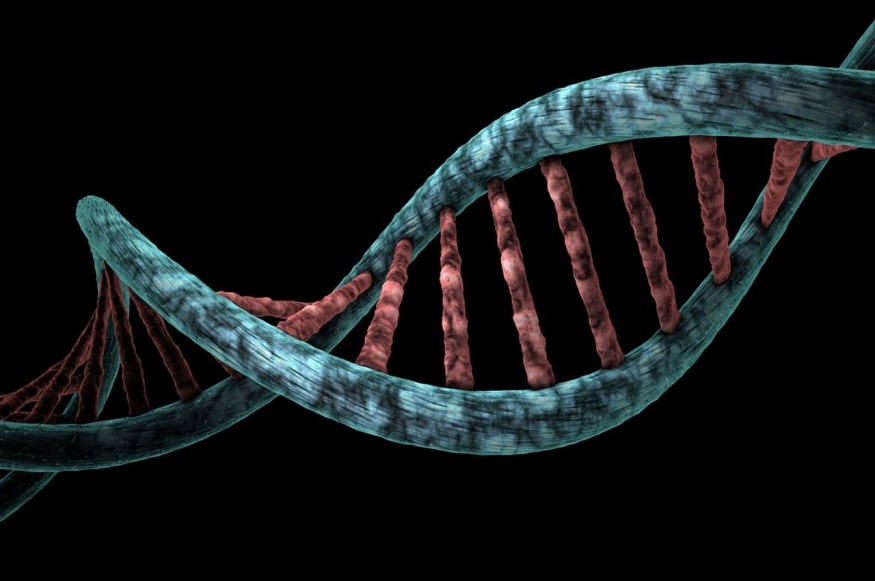Genetic engineering, particularly in the age of powerful gene-editing tools like CRISPR-Cas9, has dramatically reshaped possibilities in medicine, agriculture, and biotechnology. The ability to alter DNA with precision offers extraordinary potential for disease prevention and enhancement of human capabilities.
However, as these technologies advance, they also raise profound ethical questions about the limits of such interventions. This article explores the ethical landscape of genetic engineering, focusing on genetic engineering ethics, the ongoing CRISPR debate, and central bioethical principles that should guide responsible innovation.
What Is Genetic Engineering Ethics?
Genetic engineering ethics concerns the moral principles that govern the manipulation of genetic material in organisms. It involves balancing scientific innovation with respect for human dignity, autonomy, justice, and non-maleficence (avoiding harm).
Bioethics plays a crucial role in framing these debates by providing a multidisciplinary perspective that integrates philosophy, medicine, law, and public policy. These ethical considerations ensure genetic engineering advances in ways that protect individual rights, promote fairness, and avoid unintended societal harms.
Why Is the CRISPR Debate Important?
CRISPR-Cas9 revolutionized gene editing by making it faster, cheaper, and more accurate than earlier methods. Its promise includes eliminating hereditary diseases, improving crops, and potentially enhancing human attributes. However, ethical concerns arise because CRISPR edits can be permanent, and heritable when applied to germline cells, affecting future generations without their consent.
Critics warn about unanticipated consequences, including ecological risks, genetic discrimination, and the moral implications of "playing God" by redesigning human life. Moreover, global regulatory disparities complicate governance, demanding international cooperation to prevent misuse and promote equitable access.
What Are the Main Bioethical Concerns in Genetic Engineering?
The essential bioethical concerns in genetic engineering include:
- Germline Editing: Changes to embryos or reproductive cells can be passed on, raising questions about consent for future generations and possible long-term effects that are not yet understood.
- Autonomy and Consent: Editing genes in unborn persons removes their autonomy to choose whether to accept these modifications.
- Genetic Discrimination and Inequality: Advanced genetic enhancements might be accessible only to wealthy individuals, leading to new social divides and stigmatization of those without modifications.
- Environmental Impact: Genetic modifications in plants or animals could disrupt ecosystems or reduce biodiversity, posing risks beyond human health.
- Ethical Limits on Enhancement: Distinguishing therapeutic interventions from enhancements aimed at improving human traits remains ethically complex, demanding clear moral boundaries.
How Should We Balance Scientific Progress with Ethical Boundaries?
The balance requires careful risk assessment and inclusive public discourse. Proponents emphasize the humanitarian potential of genetic engineering to eradicate diseases and reduce suffering, advocating for continued research under stringent ethical oversight. Conversely, cautionary voices call for moratoriums or stringent regulation until safety and societal impact are better understood.
Policy frameworks should be adaptive, promoting transparency, public engagement, and international cooperation to ensure technologies serve the common good without exacerbating inequalities or ethical breaches.
Read more: The Complete Beginner's Guide to AI Checkers
Where Should We Draw the Line in Genetic Engineering?
Drawing the ethical line involves several criteria:
- Risk vs. Benefit: Interventions should prioritize safety and address critical medical needs.
- Therapeutic vs. Enhancement Use: Genetic engineering for curing diseases is more widely accepted than for enhancing intelligence or physical traits.
- Respect for Future Generations: The rights and welfare of those affected by inheritable modifications must be considered paramount.
- Legal and Ethical Safeguards: National and international guidelines must enforce responsible use, including banning practices with unacceptable moral or social risks.
Many countries and bioethics commissions advocate for limiting germline editing to serious medical conditions and promoting ongoing ethical review to adapt policies as scientific knowledge evolves.
Genetic engineering ethics, centered on the CRISPR debate and guided by bioethical principles, confront society with complex questions about where to draw the line in modifying life. While the promise of these technologies to advance human health and welfare is immense, so are the risks of unintended consequences, social inequality, and moral transgressions.
Responsible progress depends on robust ethical frameworks, international cooperation, and informed public participation to balance innovation with humanity's core values and rights. In this evolving landscape, continually revisiting and refining ethical boundaries ensures that genetic engineering serves as a force for good across generations.
Frequently Asked Questions
1. How do major religions view genetic engineering and gene editing like CRISPR?
Religious views vary: Judaism often supports using gene editing to reduce suffering; Christianity balances respect for human dignity with caution about "playing God"; Islam accepts therapeutic uses but urges caution; Buddhism supports relief of suffering while valuing human dignity.
2. What role should religious ethics play in public policy on genetic engineering?
Religious ethics offer important moral values, such as respect for life and justice, that help shape ethical public policies alongside scientific and legal perspectives, ensuring that diverse societal concerns are respected.
3. Are there religious objections to enhancing human traits through genetic engineering?
Many religions oppose genetic enhancements beyond therapy, citing concerns about altering God's creation, social inequality, and ethical limits to modifying human traits.
4. How do religious views address genetic engineering in food and the environment?
Religious perspectives emphasize responsible stewardship, safety, and fairness in genetically modified food and the environment, often opposing gene transfer across species but recognizing potential benefits.
© 2026 ScienceTimes.com All rights reserved. Do not reproduce without permission. The window to the world of Science Times.













